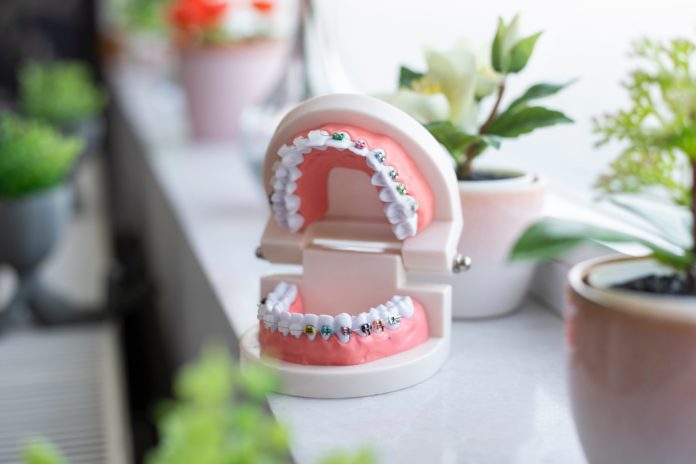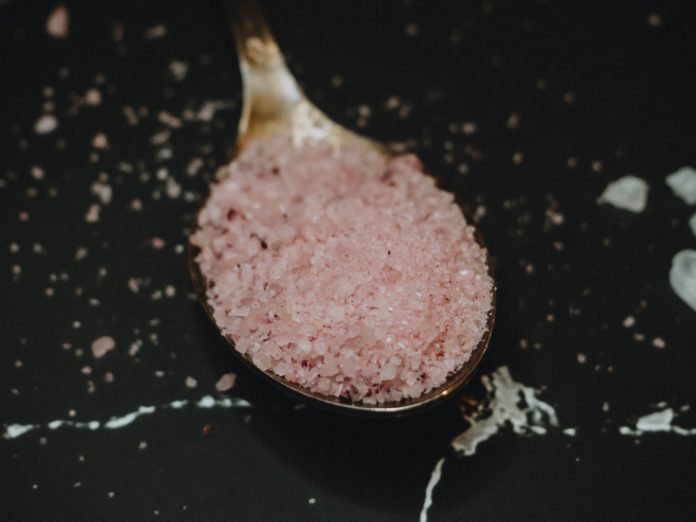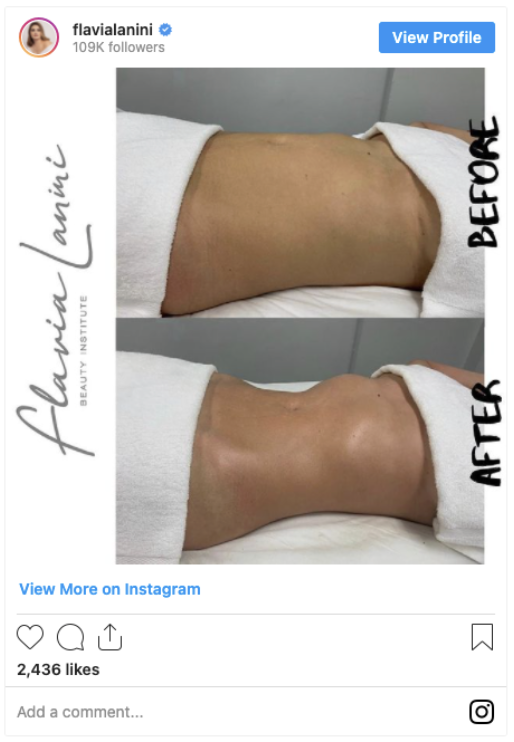Mercury in mascara. Lead in lipstick. Formaldehyde in face cream.
Your skin is your largest organ, and it’s supposed to be your first line of defense against the outside world.
But it’s not armor! It absorbs things from the outside world, passing some of them into your bloodstream.
So what exactly are you letting inside?
You read food labels and know exactly what you’re feeding your body. But do you know what’s in your face cream? Your makeup? All the other lotions and potions you apply daily?
And does it actually impact your health?
What We Know
The average American woman puts 126 different synthetic chemicals on her body every day.
You’d think our beauty products would be regulated (and therefore safe) but nope… cosmetics are hardly regulated at all.
The ingredients don’t even have to be FDA approved for safety.1
The result?
Over 85,000 cosmetic products containing harmful chemicals:
– formaldehyde
– mercury
– triclosan
– PFA’s
– phthalates
– parabens
These have been linked to reproductive harm, birth defects, neurological problems and cancer.2 Some are already banned in the E.U.3 And those phthalates and parabens are known hormone disruptors.
Translation: they mimic our natural hormones and can lead to infertility and hormone-related cancers, like breast cancer.4 Breastcancer.org even has information about how to limit your exposure.5
From body wash and shampoo, to serums and creams, to perfume and makeup – you might be using dozens of chemical-laden products on your skin every single day. So what happens when they all seep into your body?
What We’re Still Learning
The skincare and cosmetics industry is quick to argue that no one chemical has been proven to cause harm, especially in the low doses used in beauty products.
Take parabens for instance…
A 2004 study found a high concentration of parabens in breast tumors.6 However, no study proves the parabens actually caused the cancer. But studies do show these hormone-disruptors can pose serious health risks, even at low doses.7,8
And a whopping 85% of beauty products contain them!
It may not be about one single chemical anyway…
According to scientists, the real problem is all the chemicals combined – the “total toxin load.
And, unfortunately, nobody is studying the impact of this entire chemical cocktail.
The Bottom Line
Cosmetics are highly unregulated and the ingredients don’t have to be FDA-approved for safety.
From our makeup and skincare alone, we might be absorbing hundreds of potentially harmful chemicals every day.
Here are some to look out for:
Ingredient |
Where it is and what it does |
|
Phthalates & Parabens also listed as: DBP |
Found in: Nail polish, hair spray, deodorant, perfume, soap, shampoo, lotion, makeup Concerns: Proven to be hormone disruptors.4 |
|
Triclosan |
Found in: Hand sanitizer, antibacterial soap, toothpaste, mouthwash, deodorant, shaving cream Concerns: Linked to reproductive and thyroid issues; has been banned in several countries.9 |
|
Fragrance also listed as: Parfum |
Found in: Nearly anything, but especially hair products, body and face lotions, tampons and pads Concerns: Can contain all sorts of unregulated chemicals – including neurotoxins.10 Often linked to skin allergies and rashes.11 |
|
PFAs & PFCs also listed as: PTFE
|
Found in: Waterproof mascara and eyeliner, hair products, sunscreen, shaving cream Concerns: Linked to thyroid disease, cancer and more.12 |
|
Lead also listed as: Chromium |
Found in: Lipstick, foundation, eyeliner, eye shadow, sunscreen, blush, whitening toothpaste Concerns: Lead is a toxic heavy metal that builds up in your body over time with repeated exposure.13 |
How do I get started?
| Toes In |
🔄 Swap your cleansers, lotions and shower products with those bearing “USDA ORGANIC” labels. 🧼 Replace your antibacterial soap with castile (or other mild, natural soap). |
| Waist Deep |
🧴 Switch your body lotion to natural oils like almond, coconut or sesame oil. Look for a bottle that has just the organic-certified oil, and no other ingredients. 🌸 Look for cosmetics and skincare products that are unscented or only scented with plant-derived essential oils. |
| Full Immersion |
🖥️ Look up your cosmetics and skincare products on EWG’s Skin Deep database and replace the offenders with cleaner alternatives. ✍️ Get involved! Join the campaign for safe cosmetics. |





